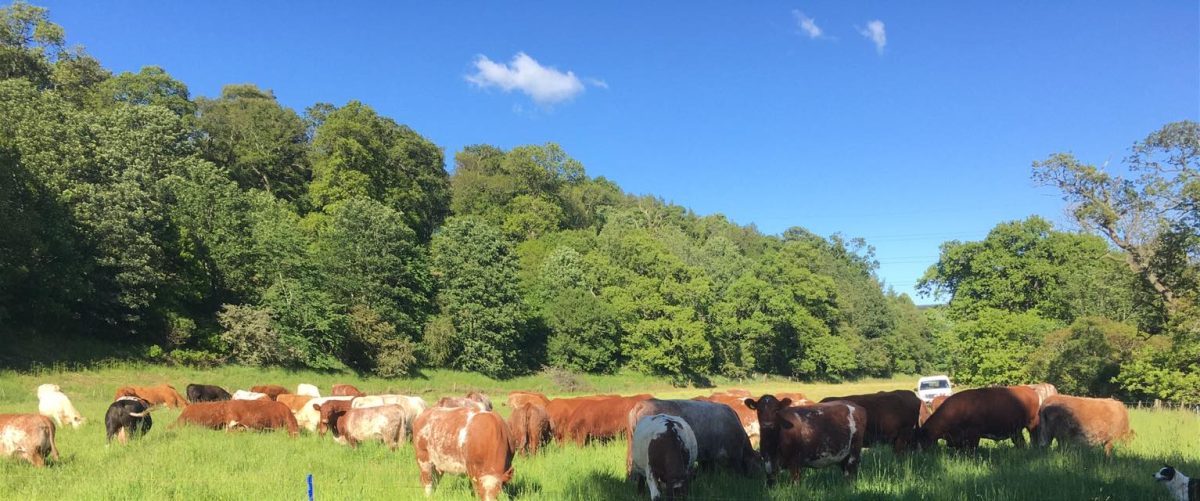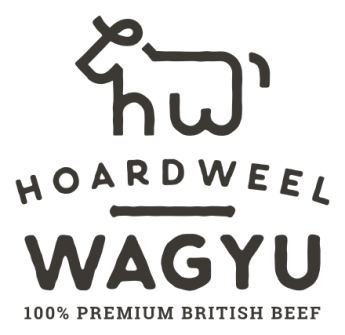The Red Meat Debate: Why Livestock Farming Still Matters
The Red Meat Debate: Why Livestock Farming Still Matters
Red meat has been at the centre of a heated debate in recent years, with increasing calls to shift towards plant-based and lab-grown alternatives. Public authorities and some advocates argue that livestock farming is an environmental burden. However, this narrative often overlooks the significant benefits of sustainable livestock farming for the environment, rural economies, and food security.
At Hoardweel Wagyu, we believe in challenging misconceptions and shining a light on the value of ethical livestock farming, particularly on extensive upland farms like ours. Here’s why livestock farming is not only sustainable but essential.
The Environmental Role of Livestock Farming
When managed sustainably, livestock farming can play a positive role in the environment:
- Biodiversity:
- Grazing animals encourage the growth of diverse plant species, supporting habitats for birds, insects, and other wildlife.
- Soil Health:
- Grazing improves soil structure, promotes nutrient cycling, and aids in carbon sequestration, which helps combat climate change.
- Land Use:
- Upland areas, like the Scottish Borders, are unsuitable for crop farming but ideal for raising cattle and sheep, turning otherwise unproductive land into a vital food source.
Lab-Grown Meat: A Solution or a Problem?
Lab-grown meat is often promoted as a solution to environmental and ethical concerns, but it comes with its own challenges:
- Energy Intensive: Producing lab-grown meat requires significant energy, much of which comes from non-renewable sources.
- Lack of Nutritional Parity: It lacks the micronutrients and complex fats found in natural, pasture-raised meat.
- Detachment from Nature: It removes people further from understanding how food is produced and the ecosystems that support it.
The Economic Importance of Livestock Farming
Sustainable livestock farming isn’t just about producing food; it’s about supporting rural communities:
- Jobs and Livelihoods: Farming provides employment in areas where other industries are scarce.
- Local Economies: Farms like ours contribute to local businesses, from equipment suppliers to local butchers and markets.
- Cultural Heritage: Livestock farming has been a way of life for generations, shaping traditions and communities.
The Ethical Case for Livestock Farming
At Hoardweel Wagyu, we prioritise the welfare of our animals:
- Our cattle are born, raised, and finished on our farm, ensuring a stress-free life.
- We practice low-impact farming methods to reduce food miles and environmental impact.
- Our animals play a key role in maintaining the health of our land, supporting a sustainable cycle that benefits all.
Contrast this with industrialised farming, where animals are often subjected to stressful environments and transported long distances for processing.
Livestock Farming and You: Making an Informed Choice
The choice to eat sustainably farmed red meat is about more than taste—it’s about supporting ethical practices, local economies, and environmental health. By buying directly from farmers who prioritise animal welfare and sustainability, you can enjoy premium quality meat while making a positive impact.
Join the Movement for Ethical Meat
At Hoardweel Wagyu, we are proud to raise Wagyu beef and Berkshire pork in harmony with the land. We stand by the belief that livestock farming, when done right, is not only sustainable but essential for our future.
Explore our range of premium meats and join us in supporting farming practices that respect the environment, animals, and communities. Together, we can redefine what it means to eat responsibly.

Visit our Online Shop or Contact Us Today
